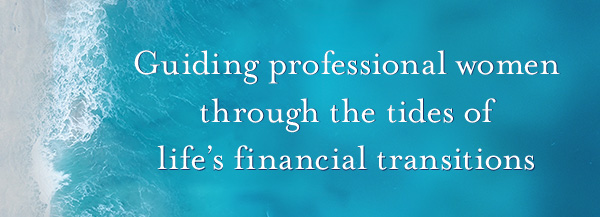
In a recent meeting with a client who had just made a significant purchase, I asked the question, “How are you feeling about it?”
An emphatic “Great Question!” was her response.
We had discussed it often, run the numbers more than once on various options, and the numbers showed she could both afford it and choose how she wanted to finance it.
Yet, she still seemed to be a bit wrought with the decision, which prompted my question.
Money and feelings are connected? You betcha!
You see, the financial industry as a whole is looked at as a “math based” profession, fraught with spreadsheets and formulas telling you which financial decision makes the most sense.
But humans are fraught with FEELINGS. And EMOTION. And BIASES. And EGO. And even GUILT, when it comes to making financial decisions.
And that’s not just for big financial decisions, it goes for smaller, less impactful financial decisions too.
Like buying ice cream.
I have become a food shopping ninja since prices began to skyrocket last year. I have no choice. I can’t put into words the amount of hard core food my three boys eat in a week.
And for some reason, I have put my foot down when it comes to buying ice cream – I refuse to pay more than $2.99 for what is not even a half gallon of ice cream!
I can’t tell you exactly why, I just refuse.
And although I can’t tell you exactly why the price of ice cream has become my chosen boycott, I CAN tell you what is working in the background of this albeit small, financial decision. It’s the same as what is at work with my client’s big financial decision.
The PSYCHOLOGY OF MONEY is at play.
And I know it’s this, because the night after I go food shopping and refuse to buy ice cream for more than $2.99, I’m willing to spend $16.00 at Three Pugs Creamery for HALF the amount of ice cream I would have gotten at the store.
That’s FIVE TIMES the amount of money for HALF the amount of ice cream.
It doesn’t take a math wiz to figure out that I am making the “wrong” financial decision when it comes to my ice cream purchases.
EXCEPT for the understanding that in nearly every financial decision we make, there is more at play than just the numbers.
There is the PSYCHOLOGY OF MONEY at work.
When I spend $16.00 at the quaint ice cream shop in town, I’m buying quality time spent with one or more of my kids, I’m buying a future memory they’ll have of the small town where they grew up, I’m supporting local small business.
These are all touchy feely things, but they have a price I’m willing to pay.
So even though ON PAPER it makes perfect financial sense for my client to make her large purchase and no financial sense for me to be buying ice cream at Three Pugs Creamer instead of Shaw’s, our humanness will often be telling us otherwise.
The point is, we all have our own unique “money story” that has been developing and shaping our views since the time we were first learning to count our pennies. It can be helpful to have this awareness as you make financial decisions, big AND small.
Favorite Quote

Everything has a price, but not all prices appear on labels.
― Morgan Housel, The Psychology of Money


